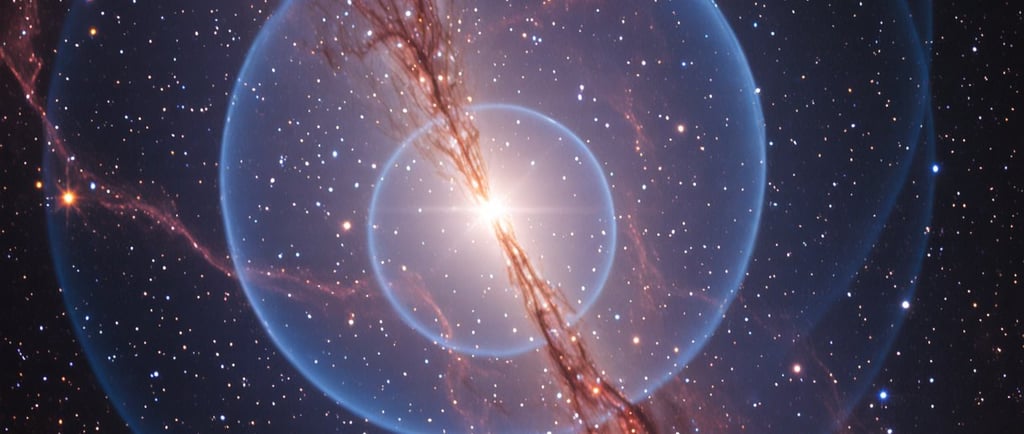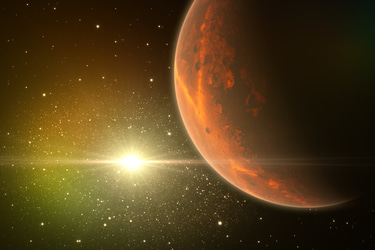The Phoenix Galaxy Cluster


Introduction to the Phoenix Cluster
The Phoenix Cluster, a breathtaking collection of galaxies, is located approximately 5.8 billion light-years away from Earth. This galaxy cluster has captivated the attention of astronomers and astrophysics enthusiasts due to its intriguing properties that deviate from the norm. As we delve into the unique features of the Phoenix Cluster, we will explore the implications for our understanding of galaxy formation and evolution.
Unusual Properties of the Phoenix Cluster
One of the most remarkable characteristics of the Phoenix Cluster is its extreme gas cooling rates. This phenomenon occurs despite the presence of a supermassive black hole at its core, which boasts a staggering mass of around 10 billion solar masses. Typically, in other observed galaxy clusters, the energy and radiation emitted by central black holes create an environment that suppresses the cooling of gas. This process consequently hinders the formation of new stars. However, the Phoenix Cluster defies this expectation, exhibiting a surprisingly high star formation rate that suggests a different interaction between the black hole and surrounding gas.
A Closer Examination of Star Formation
The star formation occurring within the Phoenix Cluster raises intriguing questions for astrophysicists. The cooling gas is likely fostering conditions that are conducive to star formation, a phenomenon rarely seen in similar cosmic environments. The balance between the gravitational forces of the cluster and the energetic output from its central supermassive black hole appears to create a unique space where new stars can emerge, despite the strong forces typically at play. Understanding this balance can provide significant insights into galaxy cluster dynamics and the lifecycle of galaxies.
Current research continues to focus on this remarkable cluster as astronomers seek answers to questions surrounding dark matter, galaxy evolution, and the properties of supermassive black holes. The Phoenix Cluster stands as a testament to the complexities of the universe and the intricacies surrounding galaxy formation. As exploration of such unique clusters progresses, it holds significant potential to redefine existing paradigms in cosmology.
